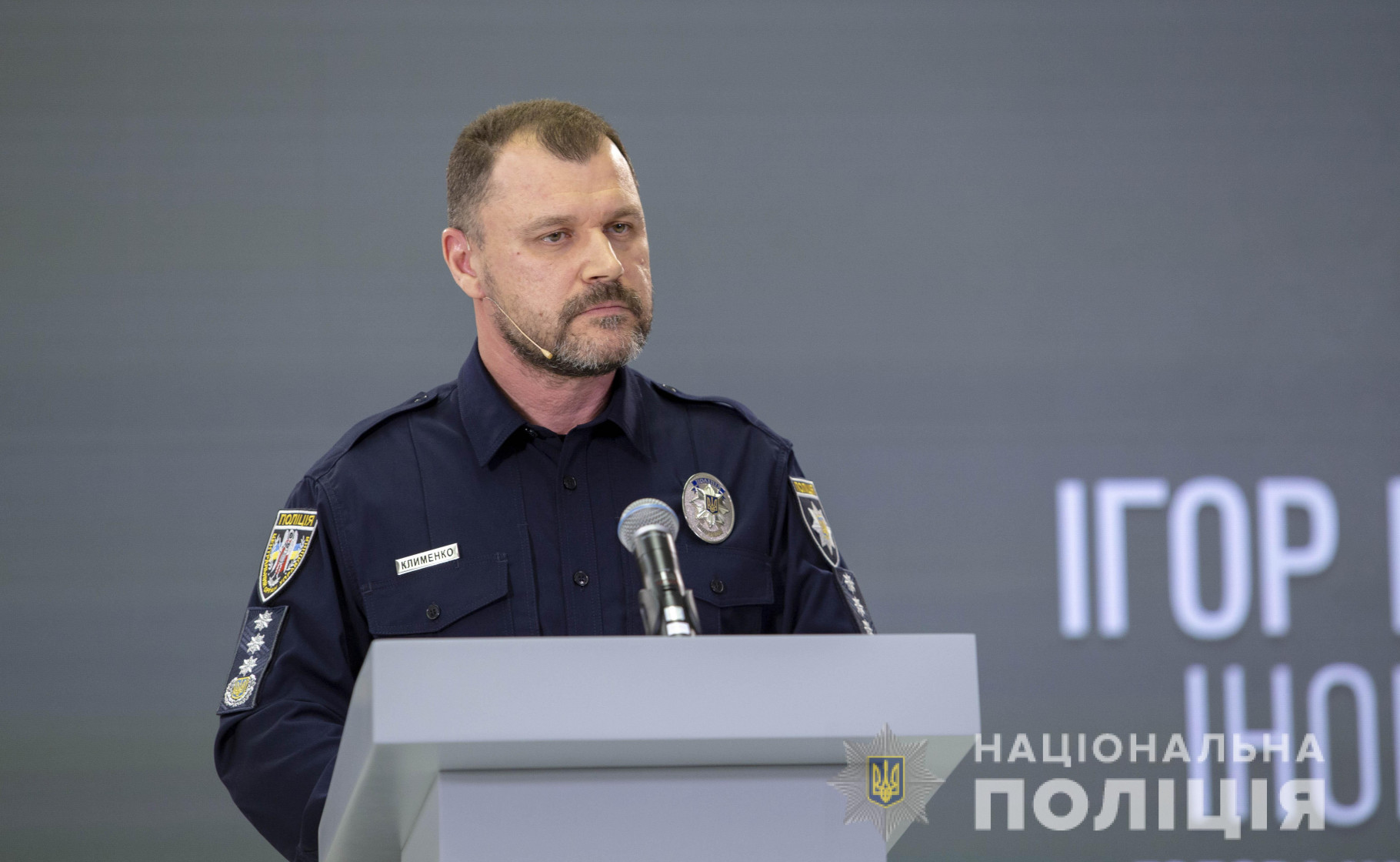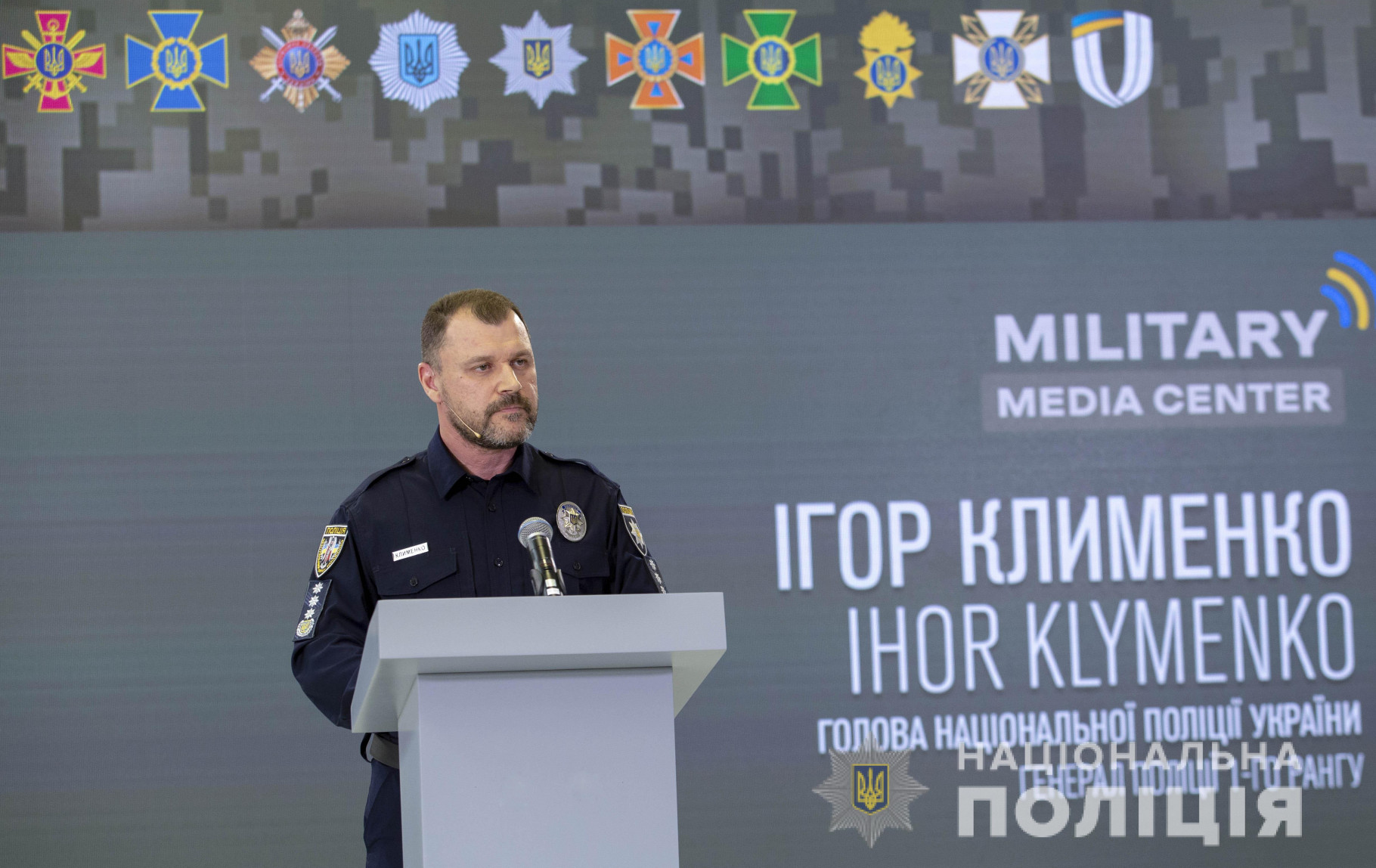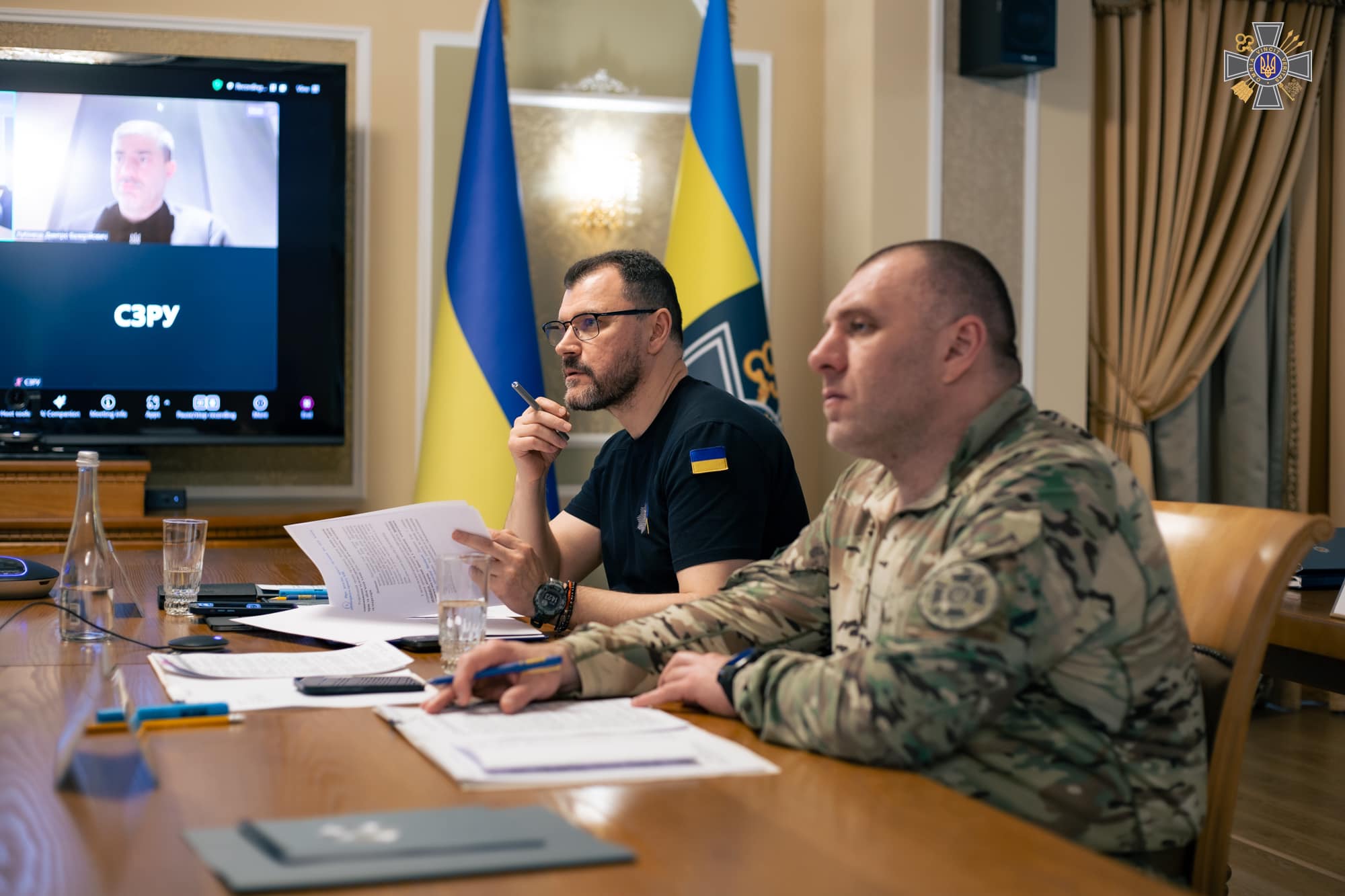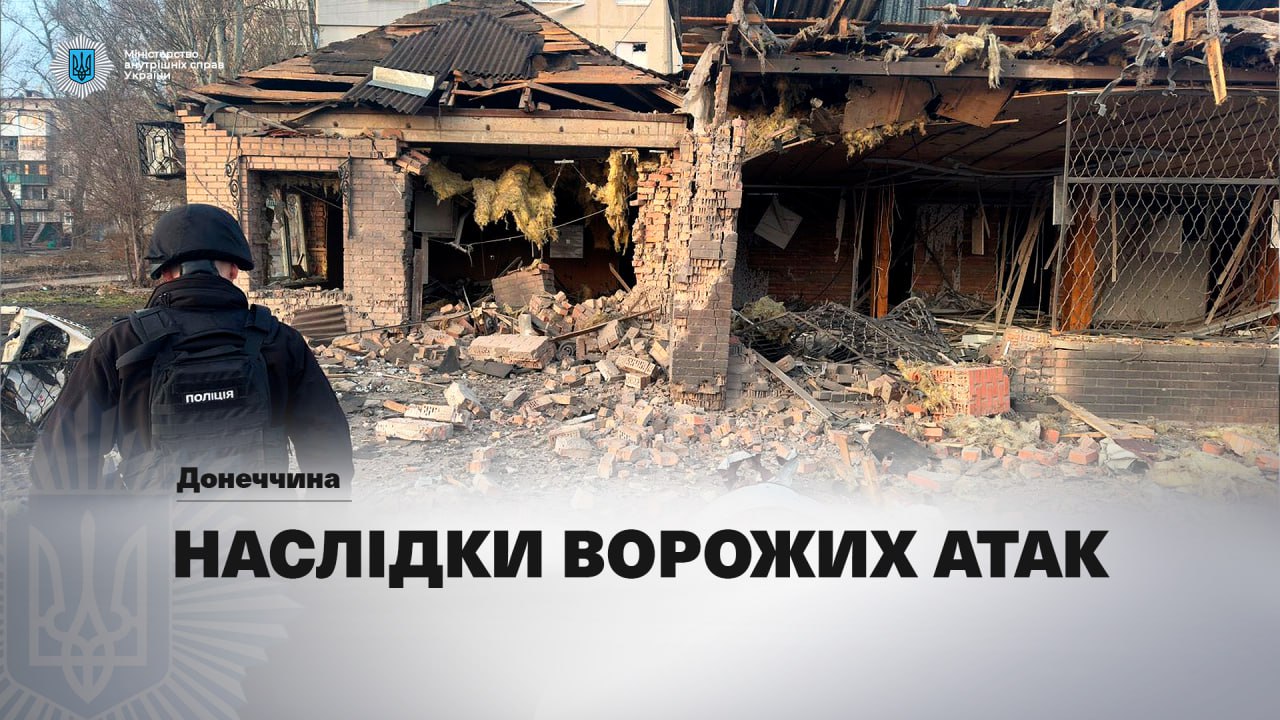In the de-occupied territories of Kharkiv region, 10 torture houses arranged by Russians were found, — Igor Klymenko

In inhumane conditions, the Russian military detained and tortured local residents. On the consequences of the enemy's stay in Kharkiv region and about large-scale police work aimed at stabilizing the situation in the liberated territories, the Head of the National Police of Ukraine told today, September 16, at a briefing at the Military Media Center.
First of all, Igor Klymenko reported that more than 1000 police officers were additionally sent to Kharkiv region:

“We work in large enough areas that require a lot of resources, including the National Police, in order not to overlook and interview all the citizens who live there. There is no electricity, gas and water supply in these areas. We must do everything to ensure that citizens not only feel safe, but also help them as much as possible in a difficult situation.”
In the liberated territories, 16 checkpoints and 21 checkpoints have been deployed, where police officers are on duty, more than 30 investigative teams operate. Over the past week, 204 criminal proceedings have been opened, which are related to war crimes of the Russian Federation.
The head of the National Police spoke about the terrible consequences of the long stay of the enemy in the territory of Kharkiv region:
“We can talk about the atrocities that have taken place in our cities. Going to Balaklia or Izyum, we see a huge number of crimes committed against the civilian population. “There were 10 victims.”
Igor Klymenko noted that one of the torture chambers was located in Balakliya — in the local police station, where about 40 people were held in cells. People were held in terrible conditions for up to 48 days, bullied and tortured. Another torture house with inhumane conditions of detention was located in the premises of the printing house:
“There was torture — we saw traces of electrical bare wires on people's hands, which were run on when interrogated. Hammers and dowels were found. We are now carrying out investigative measures to establish the extent of the damage received by people.”
According to Igor Klymenko, the Russians arranged six more torture chambers in the city of Izyum, which was practically destroyed.
At the same time, the Head of the National Police emphasized that every war criminal should be punished. The police have already established which units were active in these killings - a squad from the city of Togliatti, the FSB and soldiers of the so-called “LPR” and units of the Russian Guard.

Igor Klymenko reported that today at the site of mass burial of people near Izyum, investigators of the National Police, 10 forensic laboratories, forensic experts started work:
“Today, there are about 445 burials. The nature of bodily injuries, circumstances and causes of death of people will be established. The bodies of the murdered people, who have been buried there since March, will have to be exhumed and identified. This is a job for many weeks, but we will bring it to the end and establish who did it.”
The head of the National Police also noted that among the victims at the hands of Russian invaders who taunted the local population are foreign citizens - seven Sri Lankan citizens, students of a medical college.
The tasks performed by the police in the de-occupied territories are extremely important and dangerous, because it is about the demining of huge areas:
“The work is very difficult, three days ago four of our employees received quite serious injuries, one of them completely lost his leg, another three received serious injuries. After all, in the de-occupied territories there are a huge number of mines - anti-infantry, anti-tank, fugas, stretch marks.”
According to him, today, employees of the explosives service have examined 250 hectares of territory, defused 6,400 explosive objects, and seized more than three tons of explosives. For example, they mined a bridge at the entrance to Balaklia, mined with 400 kilograms of tar, and neutralized the so-called mine barrier of anti-tank mines.
In order to return the deoccupied settlements to a peaceful life as soon as possible and to restore security to people, police response teams and special units are working there.
The National Police continues stabilization measures in the liberated territories. Therefore, in order to strengthen the police presence, additional units from other regions of the state will arrive here.
Department of Communications of the National Police of Ukraine





